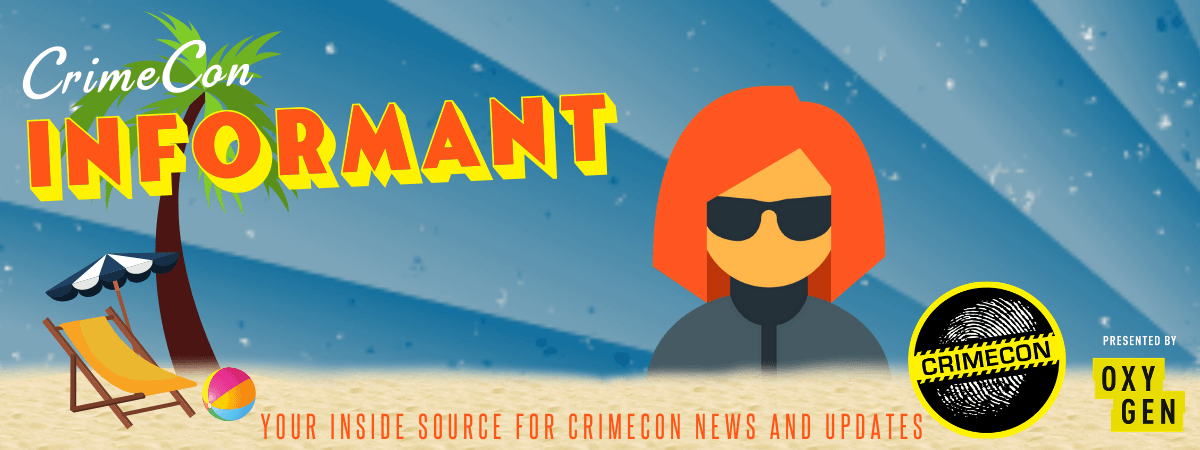No Good Liars
Statement Analysis expert Mark McClish will help CC20 attendees find the fibbers among them
Mark McClish knows you’re lying -- not necessarily by what you say, but by what you don’t say. “The most common form of deception is omission,” says McClish. “Every word has a definition. Most of the time, people will give a truthful statement, but will leave something out that they don’t want us to know.”
The “us” in that statement could refer to McClish’s colleagues in the U.S. Marshals Office, where he spent 24 years tracking down federal and state fugitives. It could refer to his students at the U.S. Marshals Service Training Academy located at the Federal Law Enforcement Training Center where he taught interviewing techniques for nine years. Then again, “us” could mean Advanced Interviewing Concepts , the company McClish founded in 2009 to provide interview skills training and assist investigators in analyzing statements. In October 2019, “us” could have been the 300 citizen detectives who attended CrowdSolve Seattle where McClish gave a crash course in deception detection.
And this May, “us” will mean “CrimeCon 2020 attendees.” McClish will take the stage in Orlando to tell attendees some secrets of the trade he helped establish when he literally wrote the book(s) about how to recognize deceptive statements. “What attendees will learn is how to be a good listener,” McClish explains. Many of us tend to assume that the best way to get the truth out of a subject is to pepper them with aggressive, prying questions. However, McClish explains that, given enough time, a liar will always reveal their secrets to a well-trained ear.
“People will always word their statements based on their complete knowledge,” he says. “The statements they provide will be true, but the words they use will give away a lie.” He tells the story of a police officer who was accused of planting pipe bombs and then claiming to find them, seeking the publicity and recognition associated with such a conquest. But something in the officer’s statement stood out: “He said ‘recovered’ instead of ‘discovered’,” McClish explains. “Some people say it’s cop talk, but ‘recovered’ means he placed the bombs and then went back to get them later. ‘Discovered’ means he happened to find them.” (For the record, McClish was correct and the officer admitted to the misguided deceit.)
So what, if anything, makes someone a good liar?
“There are no good liars, there are only bad listeners,” McClish insists. Remember: most lies are lies of omission. “Some are better at it than others, but so-called good liars will give short answers. They won’t volunteer information, but a good interviewer will realize what is happening and recognize that the subject is being deceptive.”
For decades, psychologists and researchers have identified nonverbal communication as one of the best indicators of deception, but McClish says that more law enforcement agencies and training centers are placing greater emphasis on linguistic analysis. “I, myself, teach about 50 classes to law enforcement agencies across the country every year,” he says. “The techniques are becoming more prominent.”
Even if attendees don’t leave McClish’s session with all the fib-busting power he has accumulated in 30 years, they will at least leave armed with enough info to recognize when they’re being lied to. In advance of his session, he offers one particularly handy warning: “If they invoke the name of God, your ears should perk up.”



